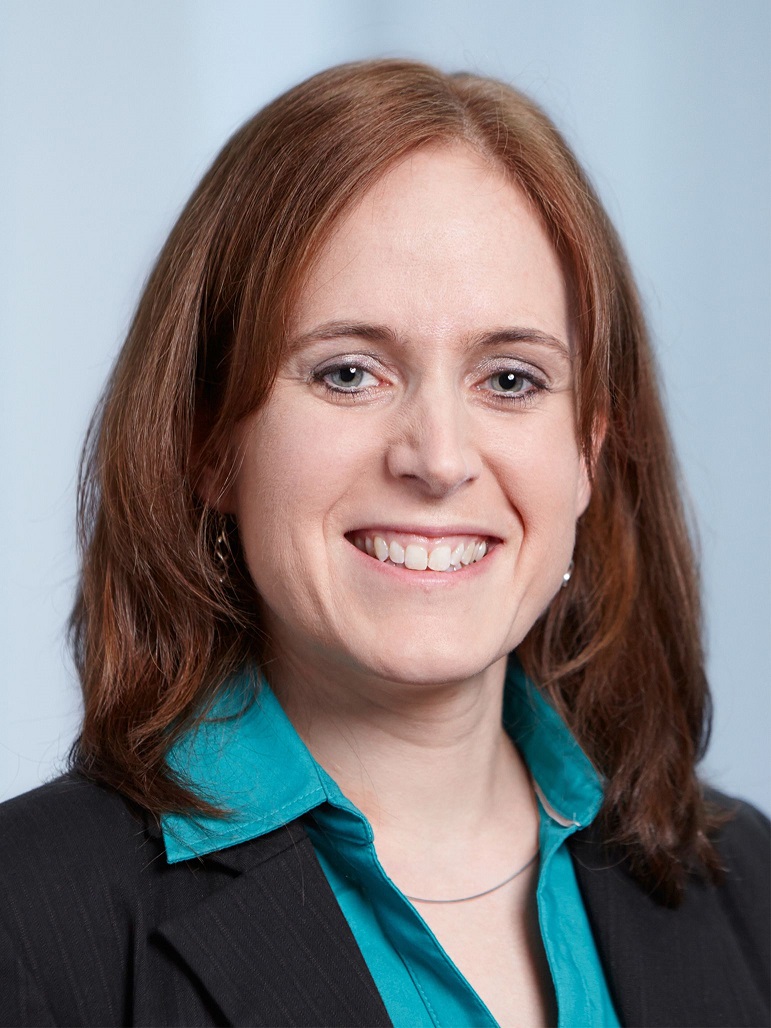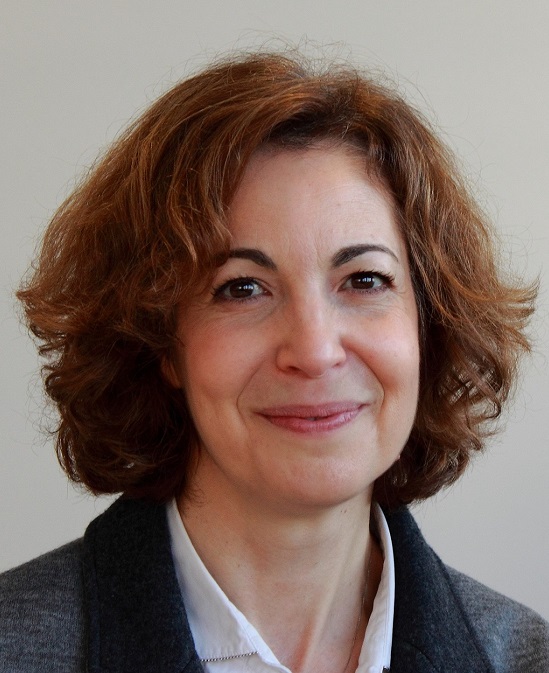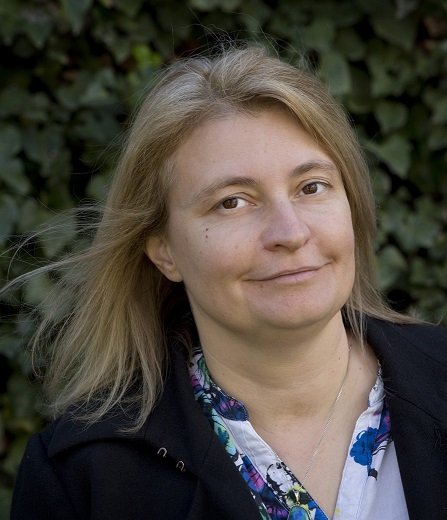Scientific Colloquium "Energy Informatics"
Program
|
We are pleased to announce that on November 17th, 2017, the Research Training Group "Energy Status Data – Informatics Methods for its Collection, Analysis and Exploitation" will host an scientific colloquium with a program related to energy status data. We invite all researchers and experts, present and former colleagues and students as well as anybody interested to join us for this occasion. The event will begin at 2:30 pm in the Tulla lecture hall at KIT Campus South. |
Venue
|
The colloquium will take place on November 17th, 2017 at 14:30 in the Tulla lecture hall. The Tulla lecture hall is located in Building 11.40 in Englerstraße 11, 76131 Karlsruhe (directions via KIT campus plan / Google Maps). Directions to the Karlsruhe Institute of Technology are also available on the KIT home page. |
 |
Registration
|
Please register for the event via the calendar of the KIT Department of Informatics |
Welcome
„Smart Usage of Data in Power Systems to Improve Grid Operations”
Gathering data, enabling communication and increasing controllability throughout the electric power grid lies at the core of what is commonly referred to as smart grid. The availability of these capabilities enables a more efficient monitoring and control of the grid but also leads to a number of challenges. A key question is how we can turn data into information and how we should use this information to make intelligent decisions while avoiding cyber vulnerabilities and protecting the privacy of the consumers. It is likely that in the future not all of this data will be handled at a centralized location as it is predominantly done now but that local intelligence will be leveraged to process data and make decisions. In this talk, three different aspects and approaches will be presented that provide a suggestion of how to handle these issues.
Speaker Bio:
Prof. Dr. Gabriela Hug received the M.Sc. degree in electrical engineering from the Swiss Federal Institute of Technology (ETH), Zurich, Switzerland, in 2004 and the Ph.D. degree from the same institution in 2008. In 2007, she also received a degree in higher education teaching from ETH Zurich. After her PhD, she worked in the Special Studies Group of Hydro One in Toronto, Canada and from 2009 - 2015 she was an Assistant Professor at Carnegie Mellon University in Pittsburgh, USA. Currently, she is an Associate Professor at the Power Systems Laboratory at ETH Zurich. She has received a number of awards including the IEEE PES Outstanding Young Engineer Award (2013), the National Science Foundation CAREER Award (2013) and the CMU CIT George Tallman Ladd Award (2014). Her research is dedicated to control and optimization of electric power systems.
Prof. Dr. Gabriela Hug

„Evolution of monitoring and control of distribution systems “
Speaker Bio:
Prof. Dr. Ferdinanda Ponci graduated with a Ph.D. in Electrical Engineering from Politecnico di Milano (Italy), in 2002. She joined the Department of Electrical Engineering, University of South Carolina, (USA), as an Assistant Professor in 2003, and became Associate Professor in 2008. In 2009, she joined the Institute for Automation of Complex Power Systems, E.ON Research Center, RWTH Aachen University, Aachen, Germany, where she is currently a Professor for “Monitoring and distributed control for power systems”. She is currently engaged in research on automation and advanced monitoring of active distribution systems.She is a Senior Member of the IEEE, a member of the Administration Committee of the IEEE Instrumentation and Measurement Society and the Liaison with IEEE Women in Engineering.
Prof. Dr. Ferdinanda Ponci

„Coordinating Consumer-Owned Energy Systems to Provide Network Support“
Australian distribution networks are facing significant challenges in supporting high penetration of renewables whilst operating within their technical and financial limits. A low cost approach to address these challenges is to reward households for supporting the network when needed, using their rooftop solar, batteries, and smart appliances. Technically, this requires the ability to coordinate, in a non-intrusive way, a large number energy systems owned by self-interested consumers, to meet network capacity and voltage constraints and achieve the required network benefits, at minimal cost. In this talk, I will describe the CONSORT project, which investigates this “Network-Aware” Coordination (NAC) to reduce the amount of diesel used peak demand periods on Bruny Island, Tasmania. I will focus on the distributed algorithms underlying the NAC. These produce real-time nodal market prices that incentivise household energy controllers to shift PV to help manage capacity or voltage constraints and match supply with demand. They are fully automated and deliver the best outcome for the households, given the current state of the network.
Speaker Bio:
Prof. Dr. Sylvie Thiébaux is a professor of computer science at the Australian National University and Data61 (formerly NICTA). Her research interests are artificial intelligence, optimisation, and their applications to energy systems especially to power system planning and operations, grid integration of renewables and storage, demand response, and energy-efficient buildings. She currently leads the CONSORT project which is developing and trialling distributed optimisation and control methods enabling consumer-owned battery systems to simultaneously provide value to their owners and support to the grid, and which involves multiple industry and university partners and is funded by the Australian Renewable Energy Agency (ARENA). Sylvie's current and past professional activities include being an associate editor of the Artificial Intelligence journal (AIJ) and of the Journal of Artificial Intelligence Research (JAIR), a Councilor of the Association for the Advancement of Artificial Intelligence (AAAI), an Advisory Board Member of the ANU Energy Change Institute, the President of the board of directors of International Conference on Automated Planning and Scheduling (ICAPS), and the Director of the Canberra Laboratory of NICTA (150 researchers and PhD students).
Prof. Dr. Sylvie Thiébaux

Organization
In case of any queries regarding the colloquium, please contact us at info at energystatusdata.kit.edu.
